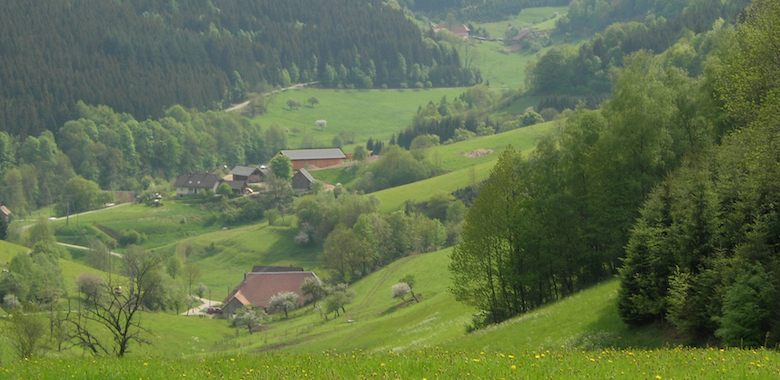Traditional ecological knowledge in Europe
A recent review, including several PECS-related researchers on the author list, on the current state of traditional ecological knowledge in Europe has just been published.

Photo: Claudia Bieling
Over the last two decades, traditional ecological knowledge (TEK) has gained increasing attention as a source of information for environmental science, policy, and management. TEK is defined as a body of knowledge and beliefs about the relations of specific human societies to the local environments in which they live, as well as their local practices for ecosystem use and stewardship. The review by Mónica Hernández-Morcillo, Janis Hoberg, Elisa Oteros-Rozas, Tobias Plieninger, Erik Gómez-Baggethun and Victoria Reyes-García attempts to fill some key knowledge gaps regarding i) the focus of TEK research in Europe, ii) the different regions and areas were bodies of European TEK have been documented and iii) how could TEK-based practices contribute toward imporving the adaptive capacity of European social-ecological systems.
The authors conclude that despite substantial bodies of TEK having been reported in Europe, they show declining trends. This loss of TEK is attributed to a variety of factors, including transition from subsistence-oriented economies to market economies, rural abandonment and associated demographic changes in remote regions of Europe, decreased interest in traditional practices by younger generations, and rigidity in regulations that do not reflect the experience of local farmers in ecosystem and natural resource management.
However, the review suggests that there is wide evidence of the potential benefits of TEK for implementing sustainable management practices across environmental sectors (e.g., forestry, agriculture, or conservation), contributing to increased socioecological resilience and adaptive capacity to deal with change, especially among European communities whose livelihoods depend directly on natural resources and ecosystems services. It is also offers some first steps to move forward the agenda on TEK research in Europe and to better mainstream this knowledge into environmental policy processes such as IPBES.
